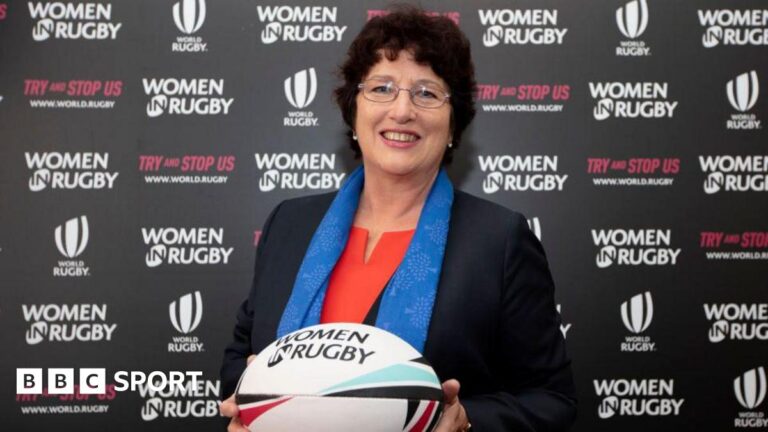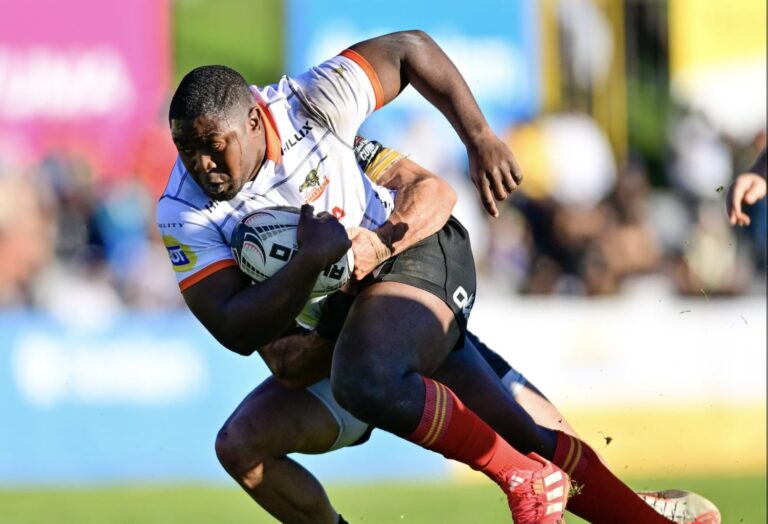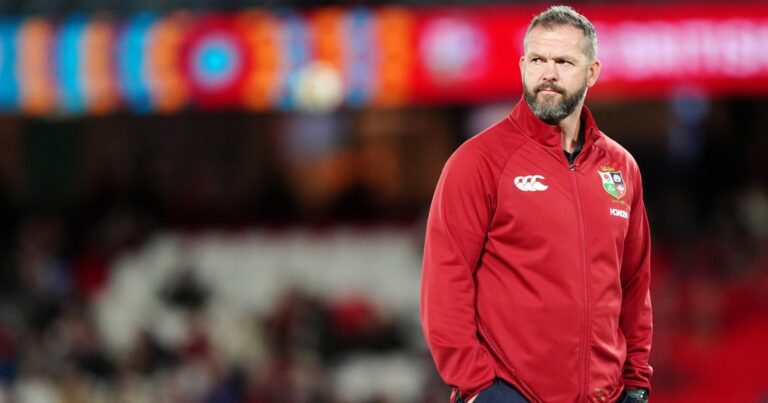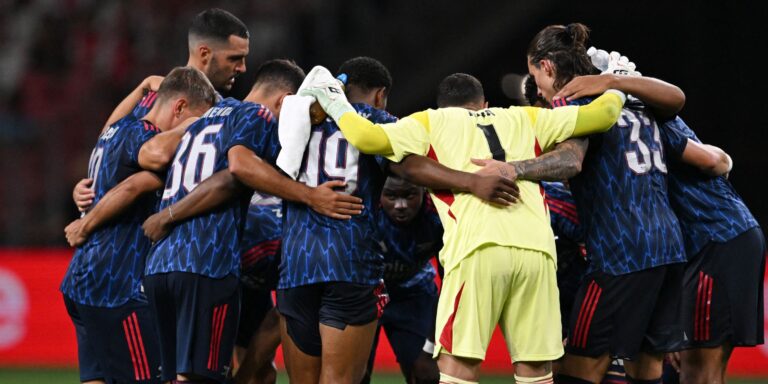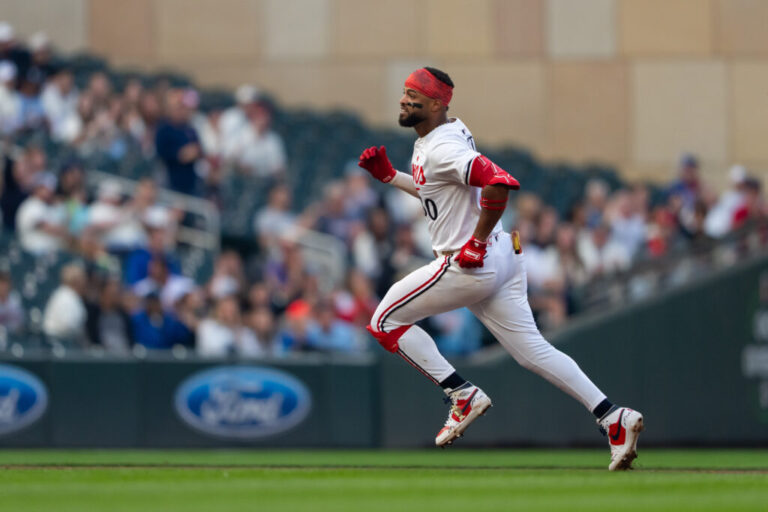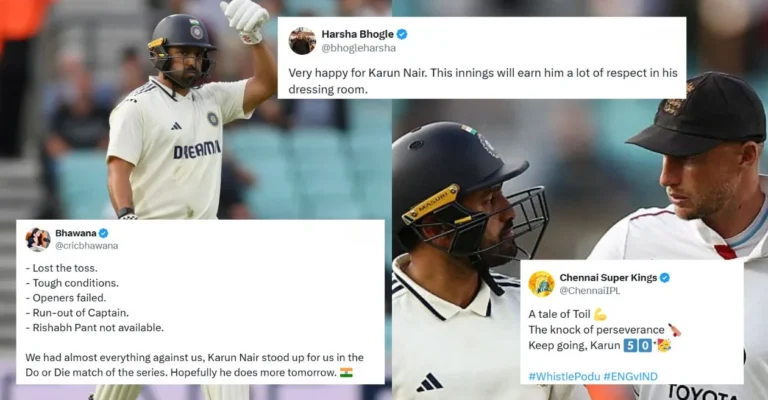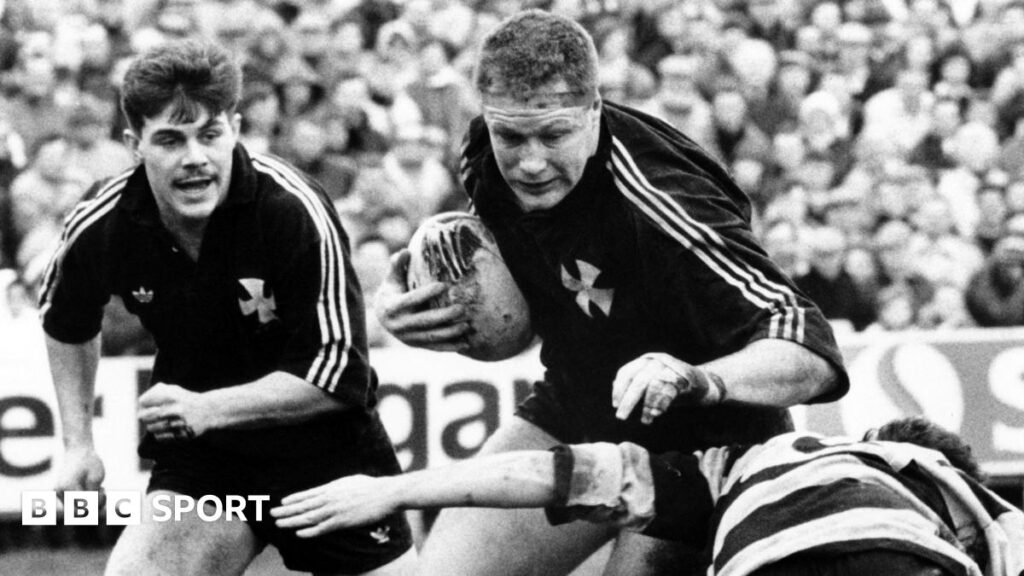
The number eight began establishing his reputation as one of the ‘hard men’ of the game while at Neath, and during his career in both codes he was sanctioned regularly for violent conduct on the field.
That disciplinary record did not harm his international chances though, and Jones played 15 times for Wales between 1987 and 1990 before switching to rugby league with Hull.
He made his Wales bow in union against Scotland at Murrayfield in March 1987, aged just 21, scoring a late try on debut in a 21-15 defeat.
After switching codes to league in October 1990 – part of a Welsh exodus as players from the amateur union game flocked to the professional code – Jones suffered a series of ankle injuries that initially limited his time on the pitch for Hull.
His talent eventually shone through and Jones won 11 caps for Wales in the 13-man game, including two during a famous 1995 World Cup campaign where Wales reached the semi-finals. He also represented Great Britain, playing one game against France in February 1992.
After four years with Hull, featuring at prop and second row, Jones played for a season at Warrington before returning to union with Ebbw Vale.
His period with the Steelmen proved the most notorious of his career, including a famous brawl with Swansea’s Wales prop Stuart Evans that saw both men banned for four weeks.
Then in the 1998-99 league season against Pontypridd, Jones landed a punch on a young Ian Gough that left the future Wales star needing surgery on his eye socket. Another three-week ban followed his sending-off by referee Derek Bevan.
Despite his transgressions, Jones earned a Wales recall and won his 15th and final cap as a lock against Zimbabwe in June 1998, a few days before turning 33.
He played for Pontypool and Aberavon before the end of his career and after hanging up his boots, Jones went on to work as a lab technician in an international school for an oil company in the Middle East.
His time at the school saw Jones become involved in rugby coaching.
In 2023, Jones reflected on his turbulent career by releasing his autobiography Fighting To Speak.
In the book, he candidly explained how his ongoing struggle with a debilitating stammer had made him “very anxious, full of self-loathing and hate”, and how rugby gave him the chance to release that rage on the field.
